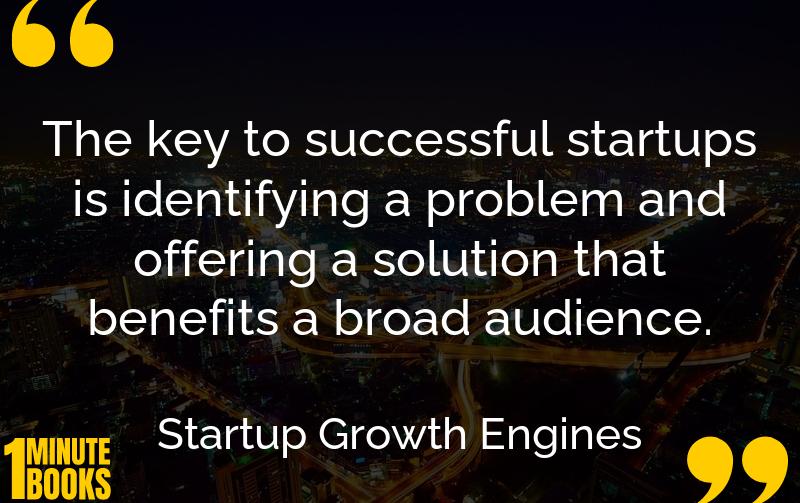
The book explores how successful startups leverage growth hacking techniques to rapidly expand their customer base and achieve success, while emphasizing problem-solving and innovation.
Main Lessons
- Growth hacking is not sector-specific and can be applied across various industries.
- Successful startups identify market problems and offer innovative solutions, like Uber and Yelp.
- Starting small in niche markets can help build momentum and credibility before expanding.
- The freemium model can drive significant revenue if it offers clear value enhancements with upgrades.
- Offering free content or tools can attract potential customers and grow engagement.
- Viral marketing and social platforms are key to expanding global reach quickly and affordably.
- Data analytics and creativity are vital components in growth hacking strategies.
- Startups should focus on creating must-have products by understanding customer needs.
- Building a community through social networks enhances user engagement and loyalty.
- Iterative testing and adaptation are crucial for successful growth hacking.
- Growth hackers require multidisciplinary expertise in data, statistics, and creative problem-solving.
- Freemium models must provide clear reasons for users to upgrade to premium services.
- Begin with solving real-world problems to ensure the product/service meets market demands.
- Customer feedback should guide product improvements and strategic decisions.
- A combination of unique strategies tailored to specific contexts leads to growth success.








